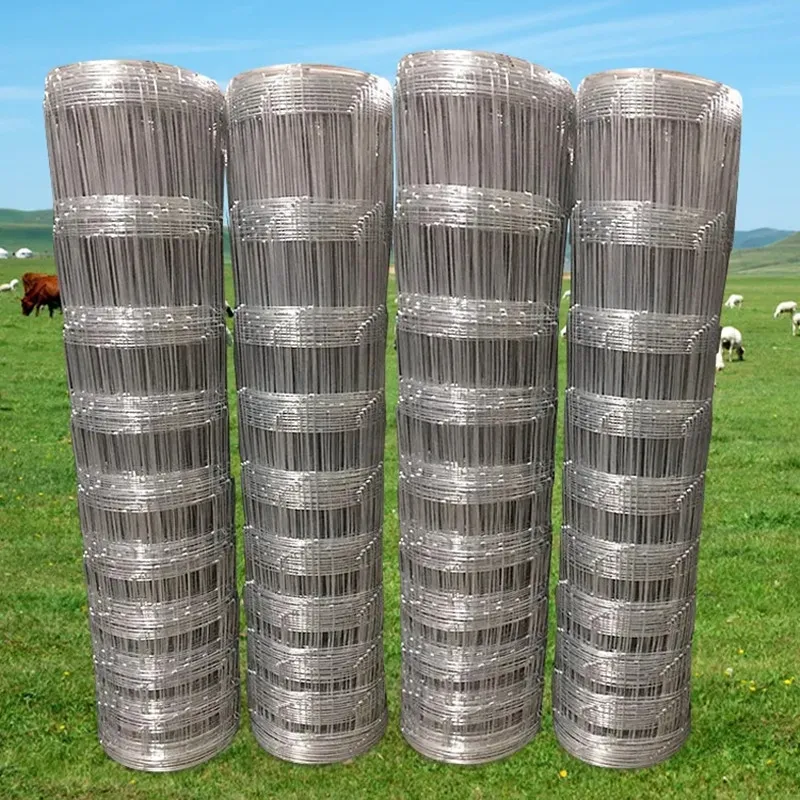Nov . 21, 2024 09:59 Back to list
ce certification temporary construction fencing
CE Certification for Temporary Construction Fencing Importance and Compliance
In the ever-evolving construction industry, safety and efficiency are paramount. One of the essential components for ensuring a safe construction site is the use of temporary construction fencing. As infrastructure development continues to grow globally, the demand for reliable and compliant fencing solutions has surged. In this context, the CE certification for temporary construction fencing has emerged as a crucial aspect for manufacturers, contractors, and site managers. This article explores the significance of CE certification, its implications, and its role in enhancing safety and compliance in construction.
Understanding CE Certification
CE marking is a certification process that indicates a product's conformity to health, safety, and environmental protection standards within the European Economic Area (EEA). For temporary construction fencing, this certification demonstrates that the product meets stringent EU regulations. The CE mark signifies that the manufacturer has assessed the product and ensured compliance with all relevant EU directives, thereby guaranteeing its safety and reliability during use.
Why CE Certification Matters in Temporary Fencing
1. Safety Assurance The primary motive behind CE certification is to ensure safety for both workers and the general public. Temporary construction fencing must endure various environmental conditions and physical pressures, including potential tampering and adverse weather. Compliance with CE standards helps ensure that these fences can withstand such challenges and prevent accidents.
2. Legal Compliance Within Europe, legislation mandates that construction sites are equipped with adequate safety measures, including fencing. Failure to comply can lead to legal consequences, penalties, and project delays. Conducting business with CE-certified products mitigates these risks, ensuring that companies operate within legal frameworks.
3. Market Access The CE mark is a prerequisite for access to EU markets. Manufacturers of temporary construction fencing who strive to sell their products within Europe must obtain CE certification. Without it, products may be deemed unsafe, leading to exclusion from the market and loss of potential sales.
4. Quality Assurance CE certification acts as a Quality Assurance stamp. It provides assurance to contractors, project managers, and site workers that the temporary fencing meets established quality and performance standards. This building of trust is vital in fostering lasting relationships between manufacturers and their clients.
ce certification temporary construction fencing

5. Environmental Considerations In recent years, there has been a growing focus on environmental sustainability in construction. CE certification evaluates not only the safety aspect of a product but also its environmental impact. Certified products must comply with specific environmental directives, promoting the use of sustainable materials and practices in construction.
The Process of Achieving CE Certification
The journey to obtaining CE certification for temporary construction fencing involves several key steps
1. Product Assessment Manufacturers must conduct a thorough assessment of their fencing products against the relevant EU directives. This involves rigorous testing of the materials, design, and overall structural integrity of the fencing systems.
2. Document Preparation To achieve certification, manufacturers must compile technical documentation that demonstrates compliance with safety and performance requirements.
3. Third-Party Testing In many cases, an independent Notified Body is required to conduct testing and verification of the product. This third-party examination reinforces the credibility of the certification process.
4. Affixing the CE Mark Upon successful completion of the assessment and testing process, manufacturers can affix the CE mark to their temporary fencing products, signifying conformity and compliance.
Conclusion
CE certification for temporary construction fencing is not just a bureaucratic requirement; it is a vital component in promoting safety, quality, and compliance within the construction industry. As the demand for secure and reliable fencing solutions continues to grow, understanding the significance of CE certification becomes crucial for manufacturers and contractors alike. By prioritizing safety and adhering to regulatory standards, the construction sector can foster safer work environments and enhance overall project success. Investing in CE-certified temporary construction fencing is a proactive step toward ensuring a well-managed and secure construction site.
-
358 Anti Climb Welded Wire Mesh Fence - Secure Perimeter Defense
NewsAug.02,2025
-
Durable Hot-Dip Galvanized Farm Field Wire Fence | Farm Security
NewsAug.01,2025
-
Temporary Fencing Solutions-Anping County Xingzhi Metal Wiremesh Products Co.,Ltd
NewsJul.31,2025
-
Hop Dipped Galvanized / PVC Coated Temporary Fence - Anping County Xingzhi Metal Wiremesh Products Co., Ltd.|Durable Temporary Fencing&Cost-Effective Security Solutions
NewsJul.31,2025
-
Hop Dipped Galvanized / PVC Coated Temporary Fence-Anping County Xingzhi Metal Wiremesh Products Co., Ltd|durable temporary fencing&corrosion-resistant solutions
NewsJul.31,2025
-
Temporary Fencing Solutions - Anping County Xingzhi Metal | Galvanized PVC Coated Fences
NewsJul.31,2025



